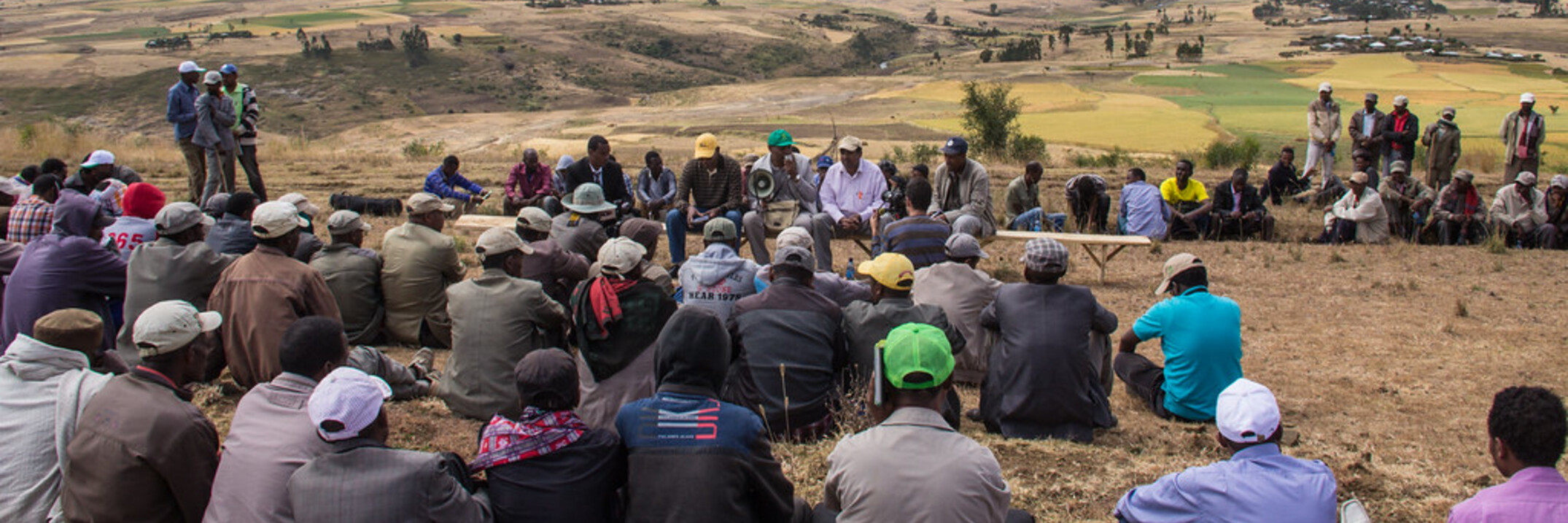Farmer, industry and consumer preferred chickpea varieties identified and disseminated in 105 districts of Amhara, Oromia, SNNRP and Tigray regions. About 19 SPCs, 5 MPCs and 5 unions with membership of 11,024 (13.8% female) farmers involved in local...


